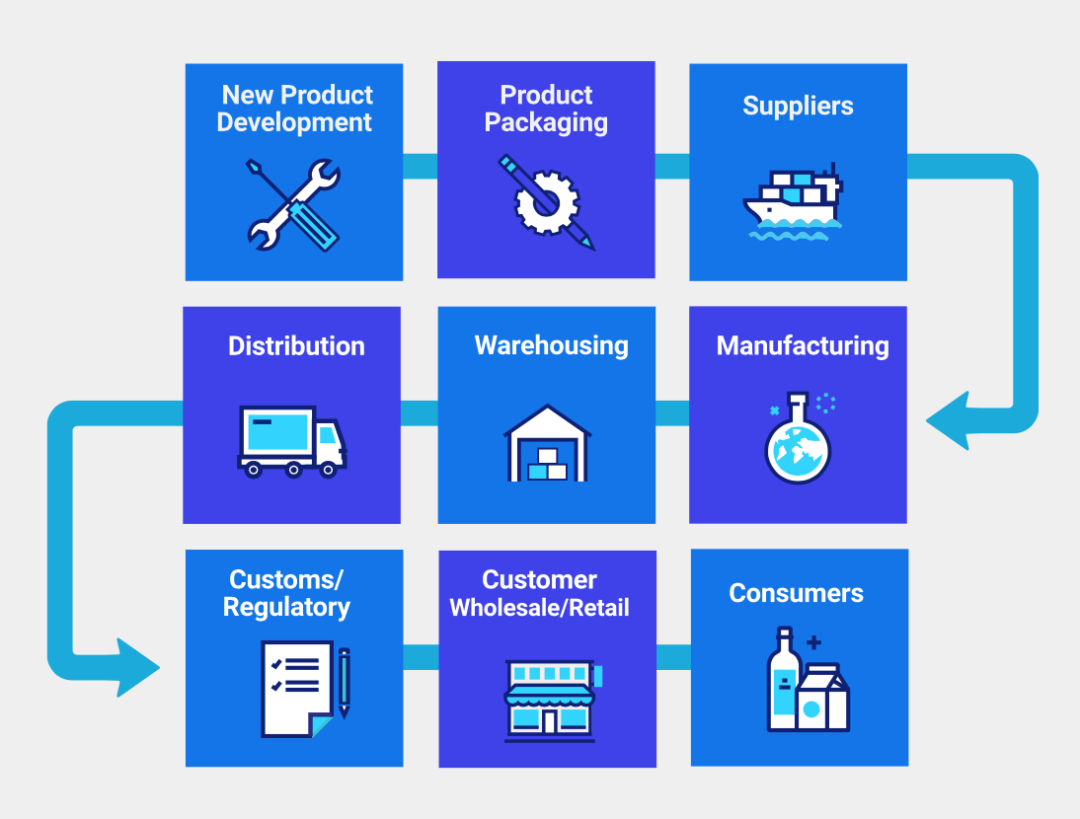Packaging and labeling firms look to upgrade tech in 2024
Loftware survey: cloud computing, AI, and IoT solutions could help manage threats like geopolitical uncertainties, climate instability, and recession

Packaging and labeling firms increasingly say that investing in cutting-edge technologies such as cloud computing, AI, and IoT solutions is enabler for business growth and agile supply chain operations, according to a report from enterprise labeling firm Loftware.
More than half (52%) of companies currently host critical enterprise applications in the cloud, and 76% believe artificial intelligence (AI) will be an important part of their supply chain within the next three years, New Hampshire-based Loftware said. The results came from a global survey of over 300 labeling, packaging, and supply chain professionals across industries in 55 countries.
“As companies plan for 2024 and beyond, the combination of geopolitical uncertainties, climate instability, and the threat of recession continues to impact companies of all sizes. Organizations are grappling with disruptions that extend far beyond the traditional scopes, requiring a strategic recalibration to weather the storm and emerge stronger in the face of adversity,” Josh Roffman, EVP of Marketing at Loftware, said in a release. “With this in mind, a commitment to bolstering digital transformation strategies through investment in innovative technologies will be critical to streamline operations, drive growth, and increase profitability.”
The report also found that sustainability has become a crucial strategic and operational priority for organizations of all sizes around the globe. Of those surveyed by Loftware, 78% said they have already adopted sustainability initiatives across their organizations. They have done so because 77% of respondents believe stricter regulations and compliance requirements are pushing businesses to adopt sustainability practices, while 82% reported that consumer preferences for sustainable products are driving this approach.
Facilitating transparency is a vital step in creating resilient supply chains and fostering better sustainability practices, so it’s no surprise that 79% of respondents flagged global traceability as a priority for their company – an increase from 70% just 12 months ago. Using cloud technology, digital traceability helps companies to ensure sustainable sourcing, protect consumers, streamline the location of inventory, guarantee on-time delivery to market, and address the growing issue of counterfeiting. Indeed, 48% of those surveyed believe the inability to effectively manage recalls is the biggest risk of not being able to track products through the supply chain – compared to 33% five years ago.
Related Articles
Copyright ©2024. All Rights ReservedDesign, CMS, Hosting & Web Development :: ePublishing